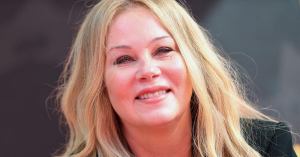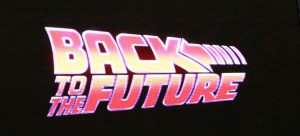Down to Earth with Zac Efron, the hit reality series starring the former High School Musical actor, was renewed for a second season earlier this week. The series follows Efron and wellness expert Darin Olien as they travel the world in search of green and sustainable living practices. The second season is not executed to debut on Netflix until 2022.
Efron confirmed the season renewal on Instagram, as he shared two new photos of himself with Olien. Production is already underway in Australia, reports Deadline. Each episode shows Efron, 33, and Olien, 50, going to different locations to find ecologically friendly ways to live and learn about green energy. Olien, Brian Volk-Weiss, and Cisco Henson executive produce through The Nacelle Company while Efron, Michael Simkin, and Jason Barrett are executive producers under their Ninjas Runnin’ Wild banner. Locations in the first season included Iceland, France, Costa Rica, Puerto Rica, Peri, London, and the Amazon rainforest. Anna Kendrick made a guest appearance in the France episode.
Videos by PopCulture.com
View this post on Instagram
Down to Earth was a big hit for Netflix when it premiered last year during the early days of the coronavirus pandemic lockdown. However, there were criticisms of the show, with some accusing the show of highlighting pseudoscience and failing to go into much detail on its topics. Vice also pointed out several inconsistencies in some of the episodes.
“There is all this pseudoscience sprinkled throughout,” Jonathan Jarry of McGill’s Office for Science and Society told Vice. “It reaches a critical mass in the water episode. I stumbled on Down to Earth when I was on vacation. It ruined my vacation for that day.” The episode Jarry is referring to was the France episode, in which Efron, Olien, and Kendrick meet water sommelier Martin Riese. At one point, Riese told Efron and Kendrick they should drink mineral water. “This is not for hydration. This is pretty much medication,” he said of one drink. That is not true.
Other Netflix programs have been accused of highlighting pseudoscience, like The Goop Lab and the documentary What the Health. These programs feature unverified claims or have been accused of cherry-picking evidence without providing audiences with the full context. “It’s a very frustrating trend” that combines causes like “saving biodiversity with magical thinking,” Tim Caulfield, the research director for the University of Alberta’s Law Institute, told Vice. “It puts them in the same cognitive file, giving the impression that one goes with the other.”
Most Viewed
-

SYDNEY, AUSTRALIA – FEBRUARY 26: Drag Icon Maxi Shield poses against the cycle way construction site (along Mardi Gras parade route on Oxford ) on February 26, 2025 in Sydney, Australia. The Sydney Gay and Lesbian Mardi Gras parade will return to Oxford Street for the 47th time. The parade began in 1978 as a march to commemorate the 1969 Stonewall Riots in New York and has been held every year since to promote awareness of gay, lesbian, bisexual and transgendered issues. (Photo by Don Arnold/WireImage)







